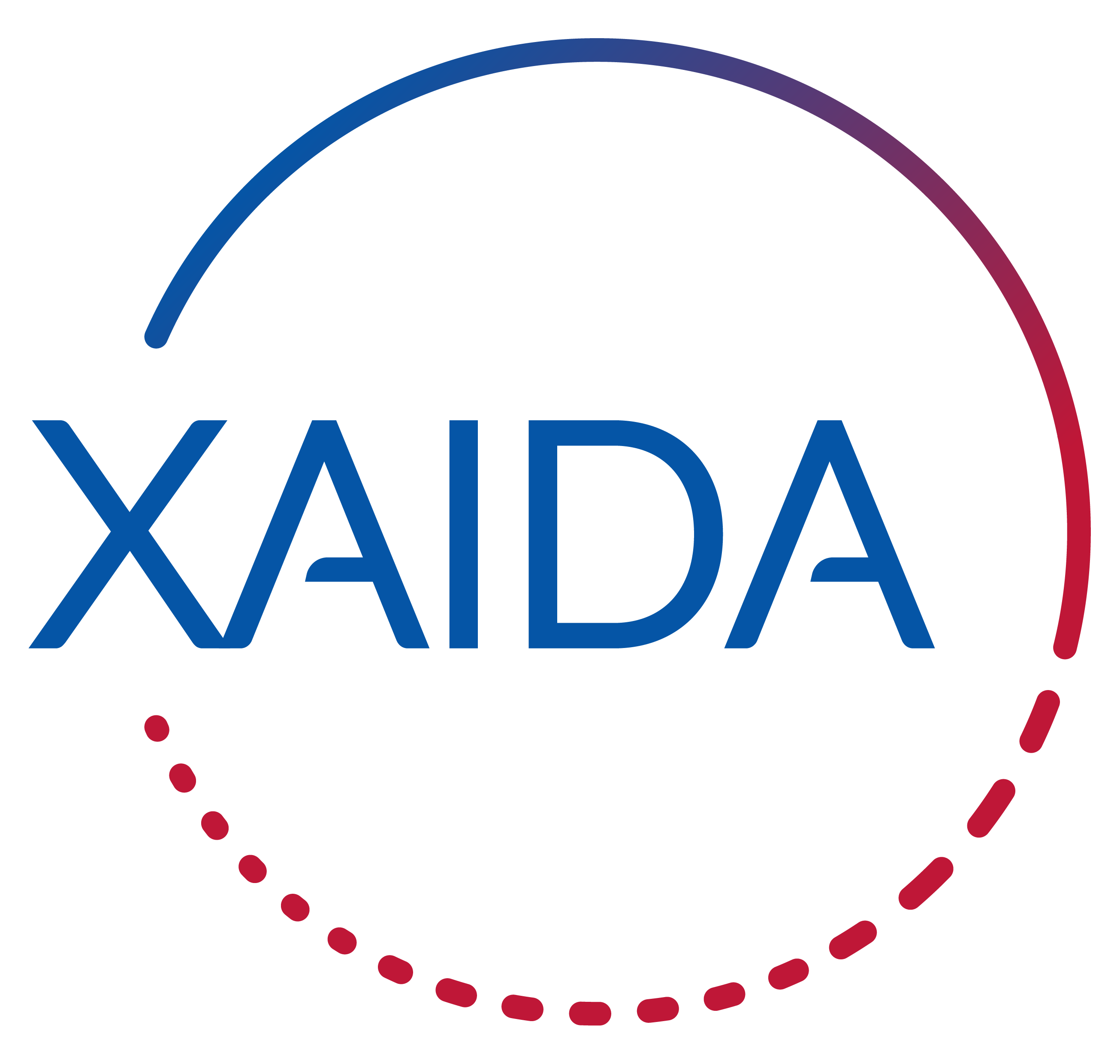XAIDA Webinar #18

The 18th session of our webinar will occur on June 10th, 2025 at 10AM (10:00) CET. During this webinar Dr. Pradeebane Vaittinada Ayar will discuss his work on ‘Ensemble Random Forest for Tropical Cyclone Tracking’.
‘Even though tropical cyclones (TCs) are well documented during the intense part of their lifecycle until they start to evanesce, many physical and statistical properties governing them are not well captured by gridded reanalysis or simulated by Earth system models. Thus, the tracking of TCs remains a matter of interest for the investigation of observed and simulated tropical cyclones. Two types of cyclone tracking schemes are available. On the one hand, some trackers rely on physical and dynamical properties of the TCs and user-prescribed thresholds, which make them rigid. They need numerous variables that are not always available in the models.
On the other hand, trackers are leaning on deep learning, which, by nature, needs large amounts of data and computing power.’
Check out the details to attend and follow the discussion!
POLICY BRIEF: Opportunities & Risks of AI-applications in Climate Sciences
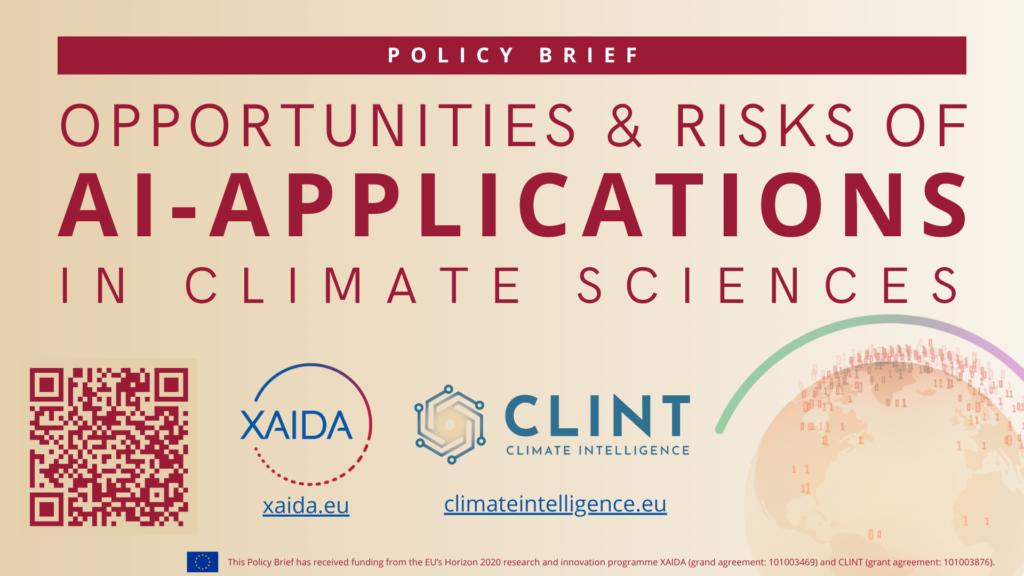
Artificial Intelligence (AI) is unlocking new frontiers in climate science and climate services—from improving impact-based seasonal forecasts to longer-horizon climate risk projections. However, the rapid growth of AI also brings challenges related to reliability, interpretability and trustworthiness. To fully harness AI’s potential while maintaining public trust, we need to invest in data-driven and hybrid models, transparent and open data practices, and robust validation. Funders, academics, and climate-tech startups must work together to develop scientifically credible AI-based climate services – at a time when informed responses to climate risks are more critical than ever.
XAIDA Webinar #17
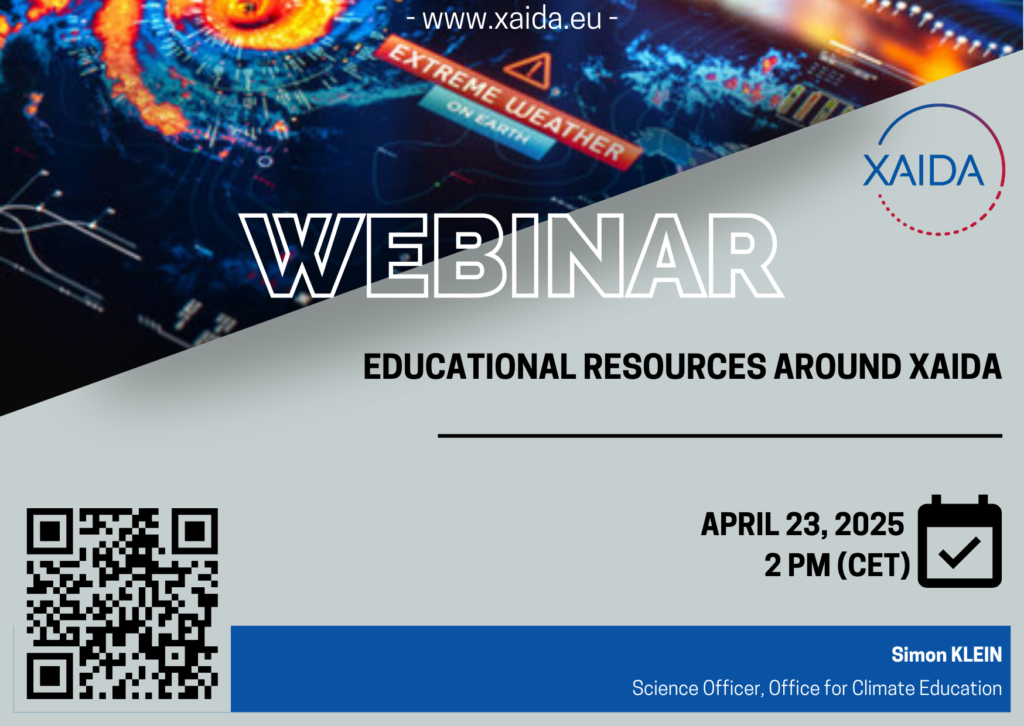
The 17th session of our webinar will occur on April 23rd, 2025 at 2PM (14:00) CET. During this webinar Dr. Simon Klein will discuss the current work he is developing whit his team at the Office for Climate Education (OCE) for adapting research topics covered by XAIDA teams into class activities, ready for use for middle school teachers around the globe.
Check out the details to attend, discuss and follow the discussion!
Paper: One third of the Global soybean production failure in 2012 is attributable to climate change
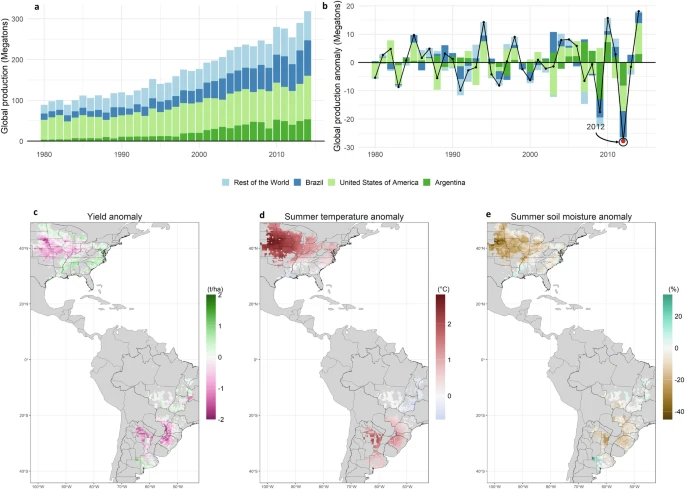
Read the paper: In 2012, soybean crops failed in the three largest producing regions due to spatially compounded hot and dry weather across North and South America. Here, we present different impact storylines of the 2012 event, calculated by combining a statistical crop model with climate model simulations of 2012 conditions under pre-industrial, present-day (+1 °C), and future (+2 °C) conditions. These simulations use the ECHAM6 climate model and maintain the same observed seasonally evolving atmospheric circulation. Our results demonstrate that anthropogenic warming strongly amplifies the impacts of such a large-scale circulation pattern on global soybean production. Although the drought intensity is similar under different warming levels, larger crop losses are driven not only by warmer temperatures but also by stronger heat-moisture interactions. We estimate that one-third of the global soybean production deficit in 2012 is attributable to anthropogenic climate change. Future warming (+2 °C above pre-industrial) would further exacerbate production deficits by one-half compared to present-day 2012 conditions. This highlights the increasing intensity of global soybean production shocks with warming, requiring urgent adaptation strategies.
Paper: Artificial intelligence for modeling and understanding extreme weather and climate events
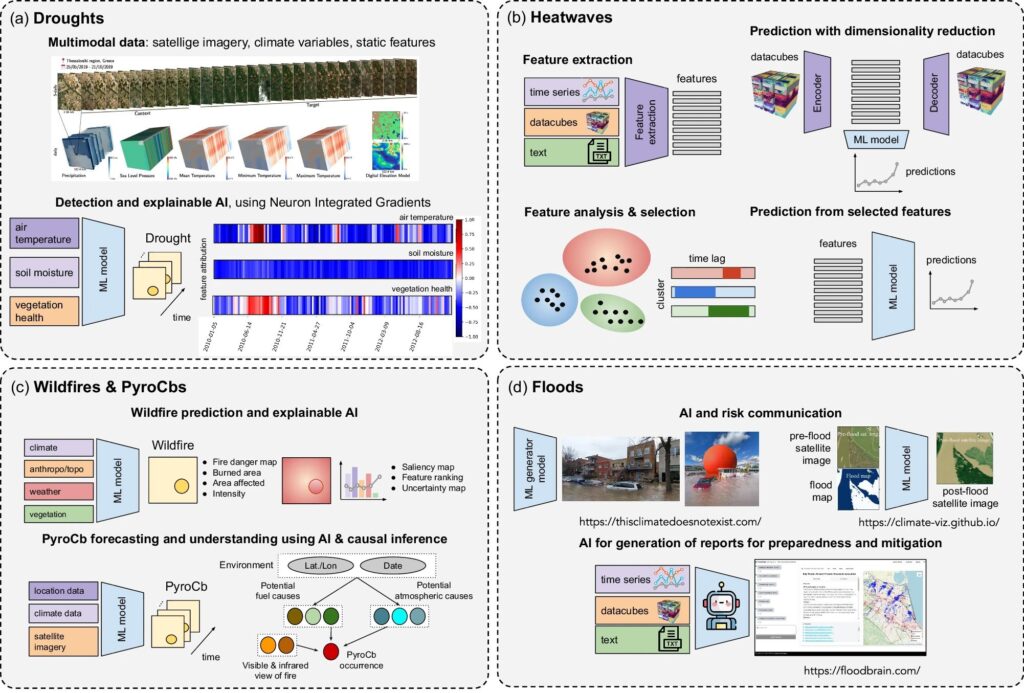
Read the paper: Artificial intelligence for modeling and understanding extreme weather and climate events
» In recent years, artificial intelligence (AI) has deeply impacted various fields, including Earth system sciences, by improving weather forecasting, model emulation, parameter estimation, and the prediction of extreme events. The latter comes with specific challenges, such as developing accurate predictors from noisy, heterogeneous, small sample sizes and data with limited annotations. This paper reviews how AI is being used to analyze extreme climate events (like floods, droughts, wildfires, and heatwaves), highlighting the importance of creating accurate, transparent, and reliable AI models. (…) »
A collaboration between XAIDA and CLINT EU projects but also USMILE, AI4PEX, ELIAS, MeDiTwin, DeepCube and several national programmes.
Operational Attribution Service: ClimaMeter
In the aftermath of an extreme weather event, the event is studied more and more often by an operational attribution service. Two examples of such operational attribution services are used within XAIDA. These operational services generally answer slightly different questions and are complementary.
ClimaMeter is an international consortium designed to attribute extreme weather events to climate change, providing scientifically robust and actionable insights to inform public discourse and policy.
Operational Attribution Service: World Weather Attribution
In the aftermath of an extreme weather event, the event is studied more and more often by an operational attribution service. Two examples of such operational attribution services are used within XAIDA. These operational services generally answer slightly different questions and are complementary.
World Weather Attribution (WWA), an initiative founded in 2014, aims to answer the question whether and to what extent climate change altered the likelihood and intensity of an extreme weather event, focusing on events with large impacts and aiming for global coverage.
GreenEarthNet
GreenEarthNet is a machine learning-powered toolkit for predicting ecosystem responses to climate changes by leveraging Earth observation data and climate models. It supports effective environmental monitoring and forecasting for improved climate action.
AIDE Toolbox
The Artificial Intelligence for Disentangling Extremes (AIDE) toolbox allows for tackling generic problems of detection and impact assessment of events such as tropical cyclones and severe convective storms, heat waves, and droughts, as well as persistent winter extremes, among others
Weather Regimes
This tool explores potential energy risk scenarios using weather regimes. This allows users to tailor the tool to their relevant impact and weather regimes.
